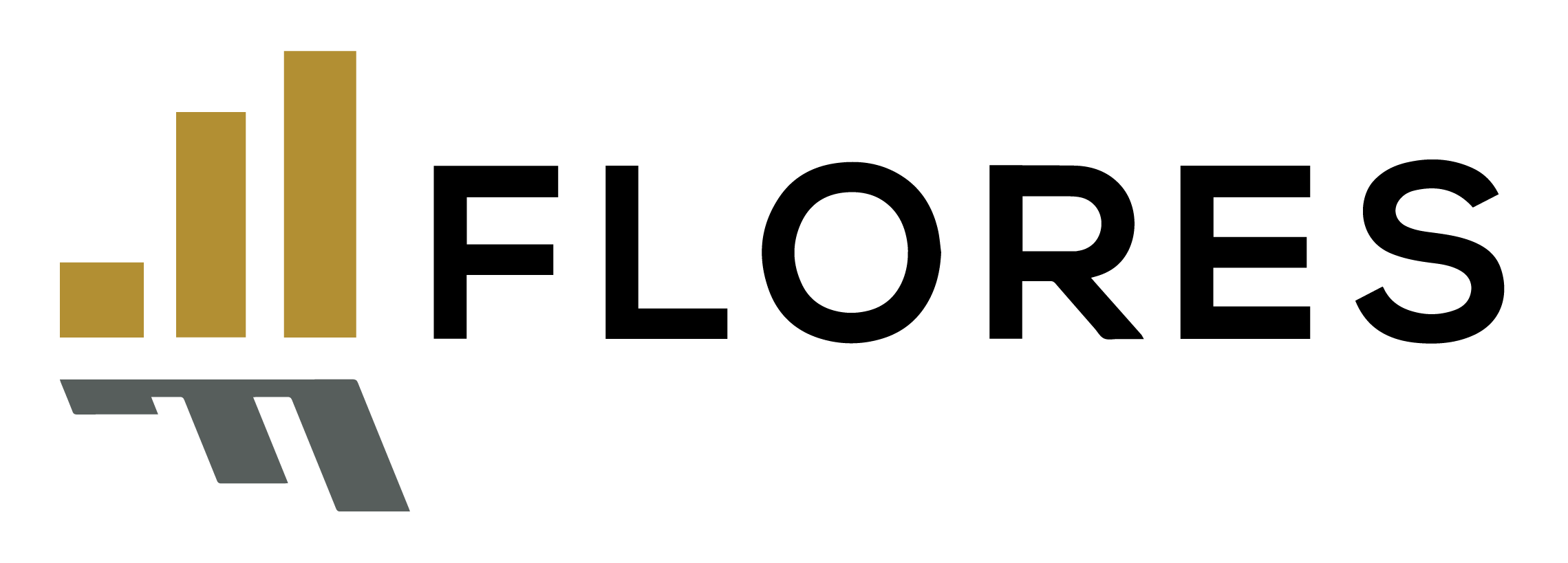- November 27, 2023
- Posted by: FLORES
- Categories: Human Resources, Payroll

In the second part of this episode of FLORES Solutions, FLORES COO Michelle Flores-Gonzales and Director of HR Client Services Mia Arnesano share additional examples of how coordinating human resources (HR) and payroll functions is key to helping an organization achieve operational efficiency, cost savings, and a consistent employee experience.
- Accuracy in employee time and attendance
- Bolstering data security and the management of sensitive information
- Streamlining dispute resolution
- Operational efficiencies resulting in cost savings
- Establishing seamless and consistent employee processes
- Facilitating strategic decision-making and identifying gaps and opportunities
View the video to learn more about how these functions work together to help your company save more time and money while enhancing the efficiency of your HR and payroll tasks. Not sure if you’re optimizing your HR and payroll processes? Contact our team for a consultation and to learn more.
Audio Transcript
Michelle:
So these are all great examples of how HR and payroll should be aligned and why it’s key. But what are some few other examples that we can tell our audience?
Mia:
Yes. I mean there’s so much. I mean, but one thing to note, as you all know, is time and attendance. And what I mean by that is tracking employee’s working hours, their leave overtime and vacations is crucial for accurate pay calculations. As you all know, specifically here in California, anything that you miss when it comes to any of those regular hours, work overtime hours and what they’re entitled to, you better watch out. So while HR might manage the policies and approvals to ensure that those are compliant, payroll however manages the back end side of it to ensure that employees are paid accurately. Okay, so data security, another one, which is another key point why HR and payroll should be working together and because they handle sensitive data information, both HR and payroll. So by handling sensitive information when it comes to I-9 or the social security, both HR payroll should know about that, right?
So in an efforts to bolster data security measures and ensure that confidential information is promoted, HR payroll should always work on hand in hand. Next, dispute resolution. Now, we cannot avoid the fact that disputes do happen in a workplace, but disputes is not only about employee relations or harassment issues and so on and so forth. It also is in regards to payroll issues. And if employee is not paid accurately or a benefit deduction was not done, or what is this deduction? HR and payroll should be working hand in hand to ensure that those are actually done accurately. Those are set up accurately because next thing you know, there you go. You’ll have to do a lot of reimbursements and refunds. And that’s a lot of reactive work, which we do not want.
Michelle:
Absolutely anything that an employer can do to be proactive. Obviously employers are also looking for efficiency and cost savings. So it sounds like merging HR and payroll or departments or at least making sure that they’re aligned can create some of those savings for an employer.
Mia:
Exactly. Most definitely. Efficiency is key, right? And you don’t want to be having one department elsewhere and one department elsewhere. You don’t work that way in order to work efficiently together. Everything should be in line, not at zigzag. But what I’m saying about that, integrating HR and payroll specifically can lead to operational efficiencies. Take note of that, operational efficiencies, which I’m sure all as a business about what operation means. So it reduced duplication of task. Now, too many hands in the cookie jar, right? Who does what and everything of that sort, and then it’s going to be chaotic. So by having it streamlined, having two departments work together can streamline those process and ensure that employees are not being paid duplicately or when it comes to policies, they’re being paid accurately based on the company’s policies and they offer cost savings by having two together.
It’s like, oh, buy one, get one free, kind of like thing. So it’s the same process that it goes the same analogy when it comes to that. So having everything together creates efficiencies. Next is consistent employee experience. And what do I mean by consistent employee experience? It applies even in our personal lives and such. Not only when it comes to business, consistency is key to ensure that there are efficiencies having a seamless and HR payroll department work together and are consistent with their process. They understand the policies together, they can work hand in hand to identify errors and fix those errors and provide solutions together. And next is strategic decision making. Absolutely. Data from both HR and payroll can provide valuable insights. I firmly believe in that for organizational decisions because without having those platforms in place, by not having HR and payroll together and process that, the analytics is not really clearly defined, right? And you won’t be able to strategically gather these reports from these departments who identify those errors and identify those gaps. And if you don’t have that, there wouldn’t be any strategic decisions and what you can see in the foreseeable future.
Michelle:
Awesome. Thank you. Mia. Thank you so much for explaining the vitality and importance of HR and payroll being managed together and coming aligned. If you guys have any questions or concerns on your HR or payroll department, please give us a call today at Flores and we’d be happy to set up a consulting meeting with you.
